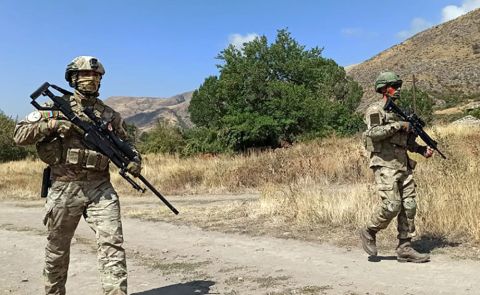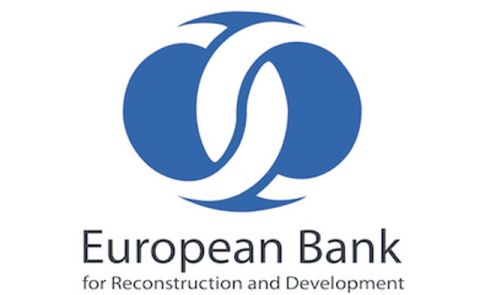
Georgian elections: the aftermath
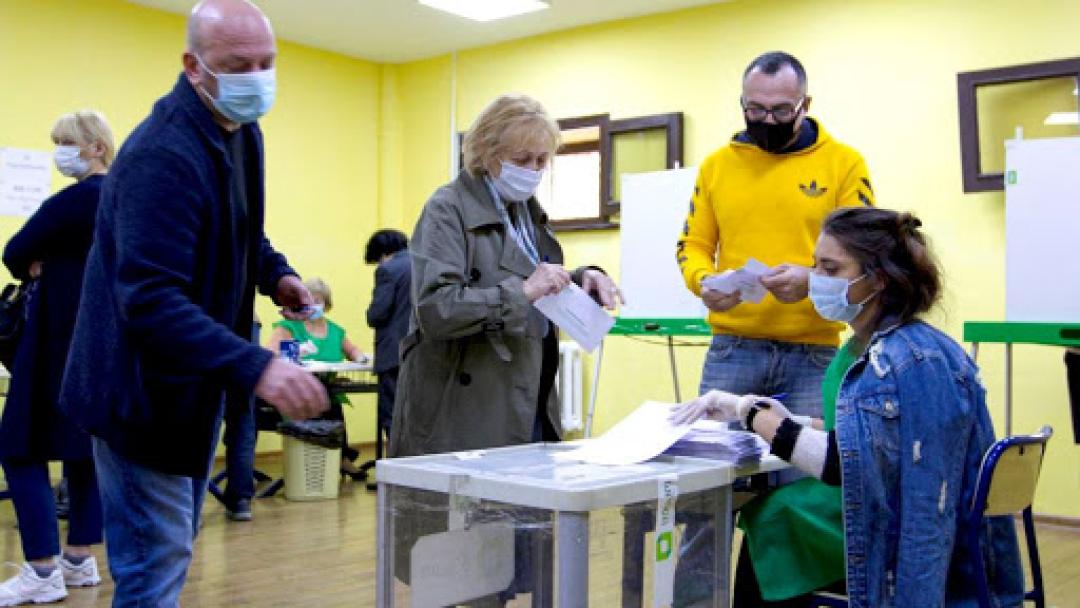
On 3 November, all eight opposition parties who crossed the 1% election threshold in the Georgian parliament elections signed an agreement not to take up their mandates in parliament. 12 other opposition parties, who were unable to enter the legislative body, also signed the agreement and stated that the elections ‘were not legitimate as they were fabricated.’ All 20 signatory parties have stated that they will continue to fight against the government. “We will demand repeat elections and changes in the composition of the Central Election Commission (CEC) as the commission helped the government to fabricate the elections,” said the parties.
Meanwhile, opposition supporters gathered outside the CEC building to demand the resignation of CEC Chairperson Tamar Zhvania and the re-run of the elections. The activists were holding posters with images of Zhvania and ruling Georgian Dream Chairperson Bidzina Ivanishvili and with the inscription “forgers to prison.” The Co-founder of the opposition-minded Mtavari Arkhi TV channel Giorgi Rurua was attacked by other convicts in prison following the elections. Parallel to these developments, the country’s General Prosecutor’s Office demanded the bail be set at 100,000 lari for one of the leaders of the United National Movement Nika Melia, who took off a monitoring bracelet during a rally on 1 November while protesting the parliamentary election results (Caucasus Watch reported).
The National Democratic Institute (NDI) released an analysis report on Georgia’s parliamentary elections, which read that alleged irregularities in results summaries, widespread reports of potentially intimidating behaviour in or around polling stations, delays in the publication of results, and persistent perceptions of pre-election abuses of power detracted from notable improvements in the legal framework and administrative procedures for Georgia’s parliamentary elections. In its report the NDI stated that the election was open and pluralistic however, multiple incidents and intimidation were reported. Allegations of abuses of state resources were widespread. It was also noted that significant numbers of reports of voter bribery, parties having uneven access to television due to media polarisations, and campaign messaging focused more on criticising opponents that presenting constructive policy solutions.
Zhvania met with the diplomatic corps and representatives of international observation missions to respond to questions about discrepancies at voting stations which have caused controversies. Zhvania said that the issue identified at different voting stations and reported by the NGO ISFED and various opposition leaders had an “objective reason.”
“The imbalance between the ballot papers and voters’ signatures on the list is caused by the reason that some voters were unable to vote according to their places of registration. The voters who were in self-isolation, under quarantine, in hospitals or voted at special polling stations were unable to participate in the majoritarian elections, they only voted for parties which participated in proportional elections,” Zhvania said.
“There are cases when an error takes place while entering figures in the summaries of election results. To address the error, a corrected summary is made which comes with the initial version of the summary. Of course, we use corrected summaries when we count the results. Individuals on social media uploaded the initial versions of the summaries to mislead people, while the corrected summaries were available on the official webpage of CEC,” she added.
Meanwhile, the Georgian government tightened Covid-19 restrictions in the country after the elections. The wearing face masks became mandatory outdoors as well as indoors; restaurants throughout Georgia will be allowed to remain open until 22:00; schools in Tbilisi, Kutaisi, Rustavi, Telavi, Zugdidi, Zestaponi, Gori, Poti, Marneuli, and Gardabani will continue to teach remotely until 25 November.
See Also

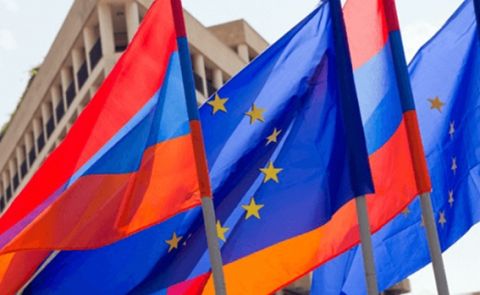
Pashinyan and Mirzoyan Hold Separate Meetings with European Leaders to Focus on Armenia’s EU Integration, Human Rights Progress, and Regional Developments
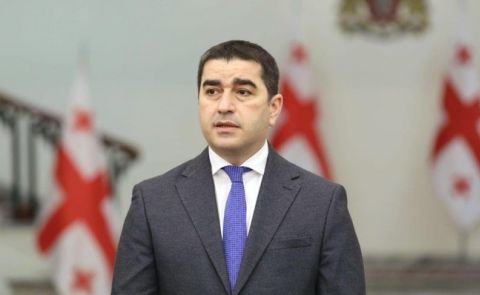
Georgian Parliament Speaker Participates in EU Parliamentary Conference, Engages in High-Level Bilateral Talks
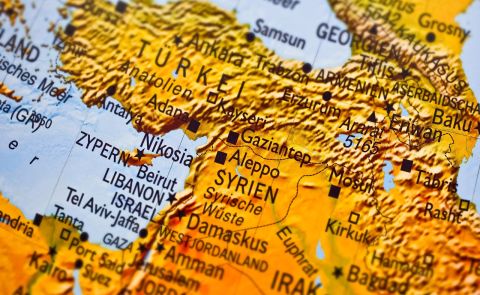
Separatist Abkhazia and Syria Discuss Strengthening Academic Ties, Potential Agreement Between Universities
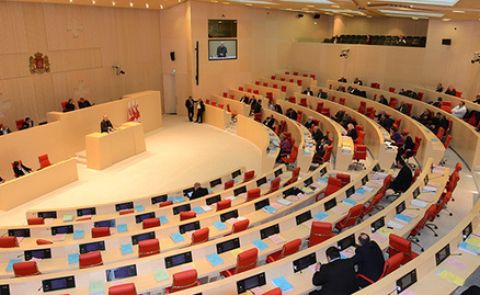
Georgia Announces Legislative Changes Targeting Foreign Nationals in Anti-Government Protests
